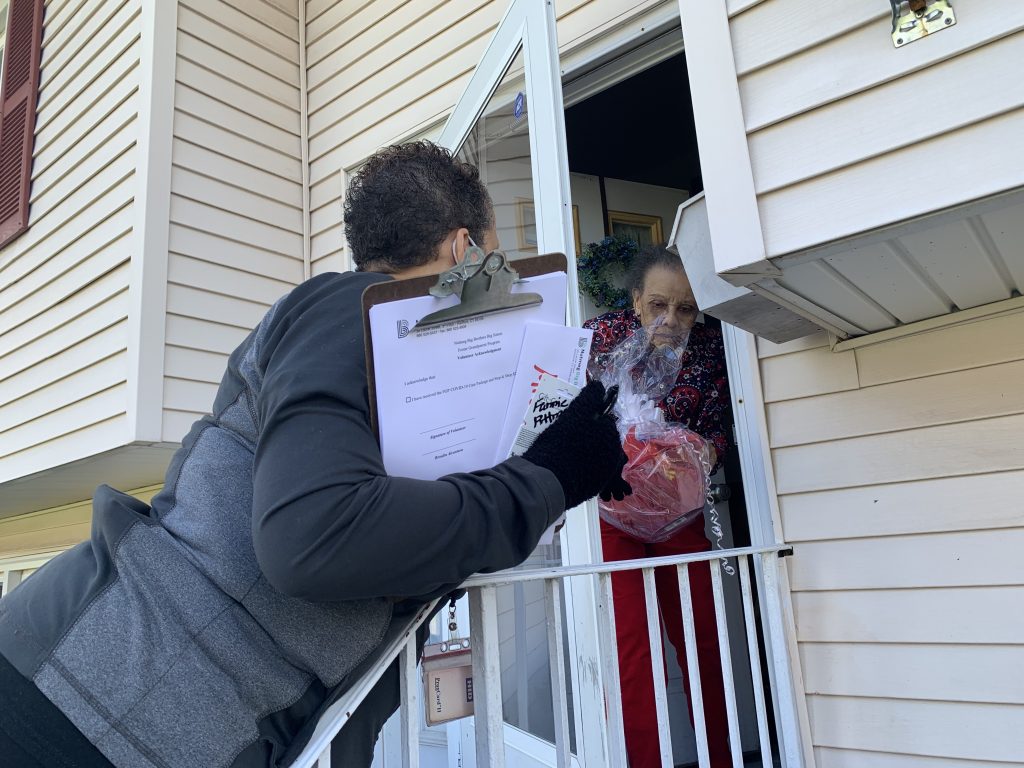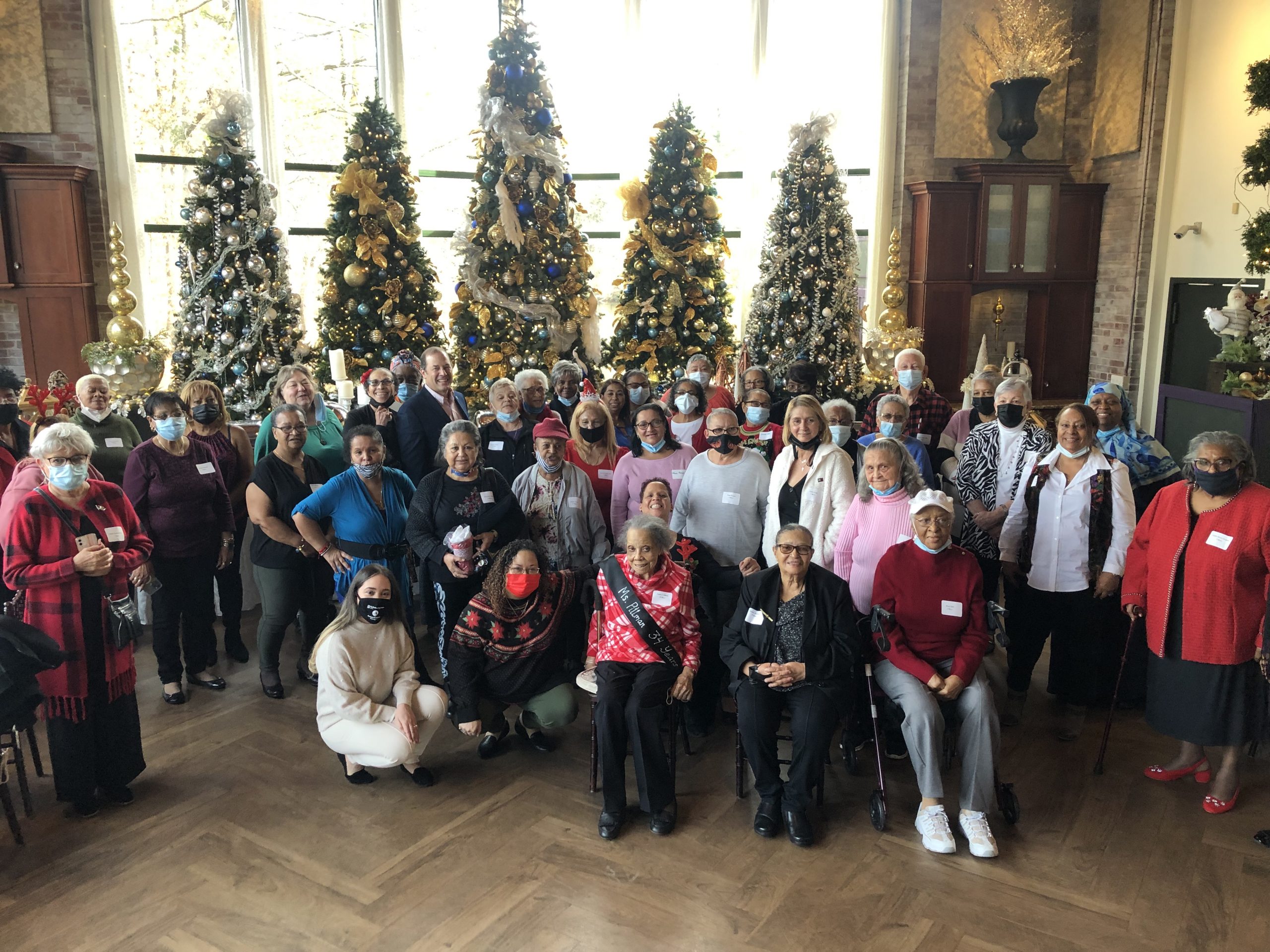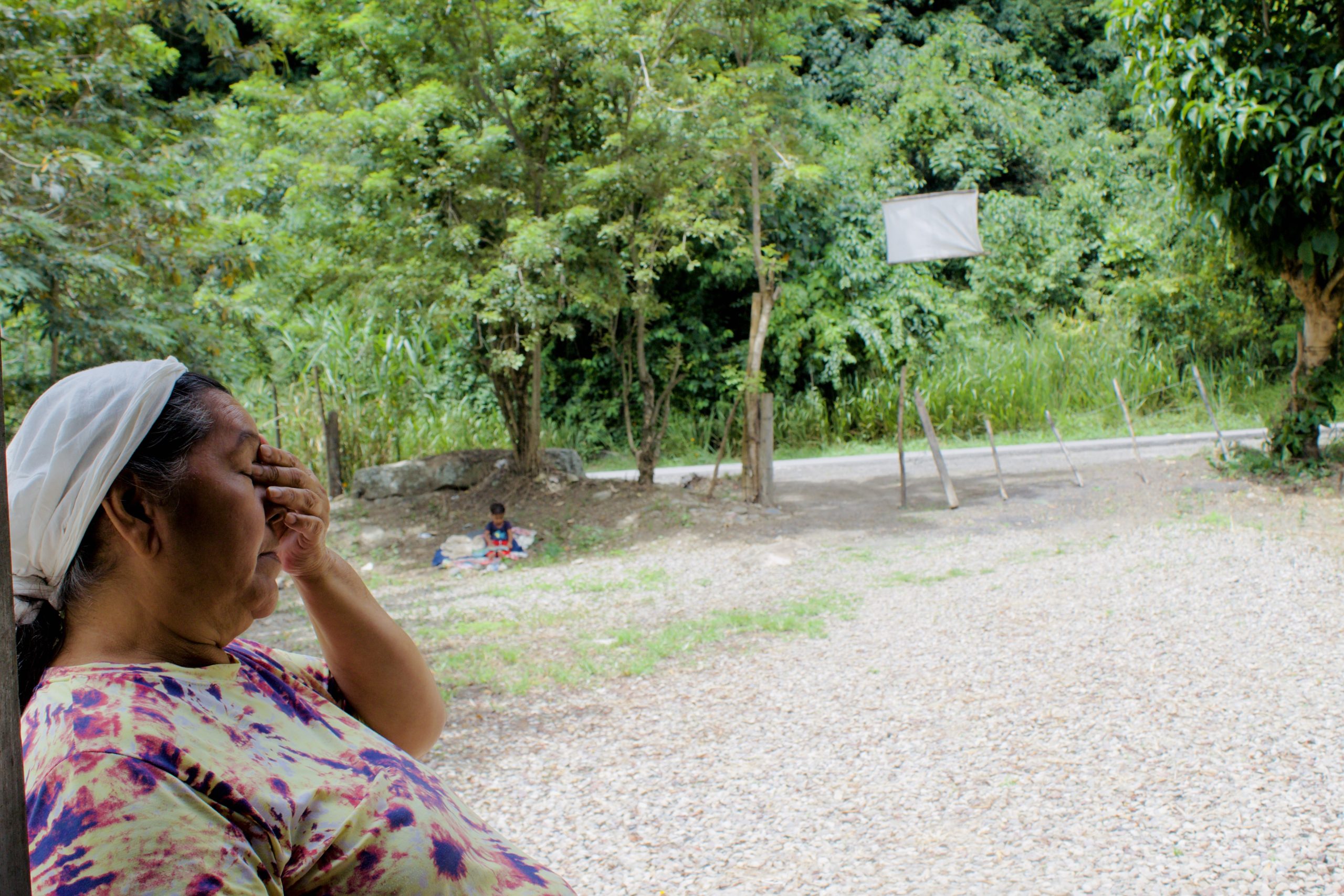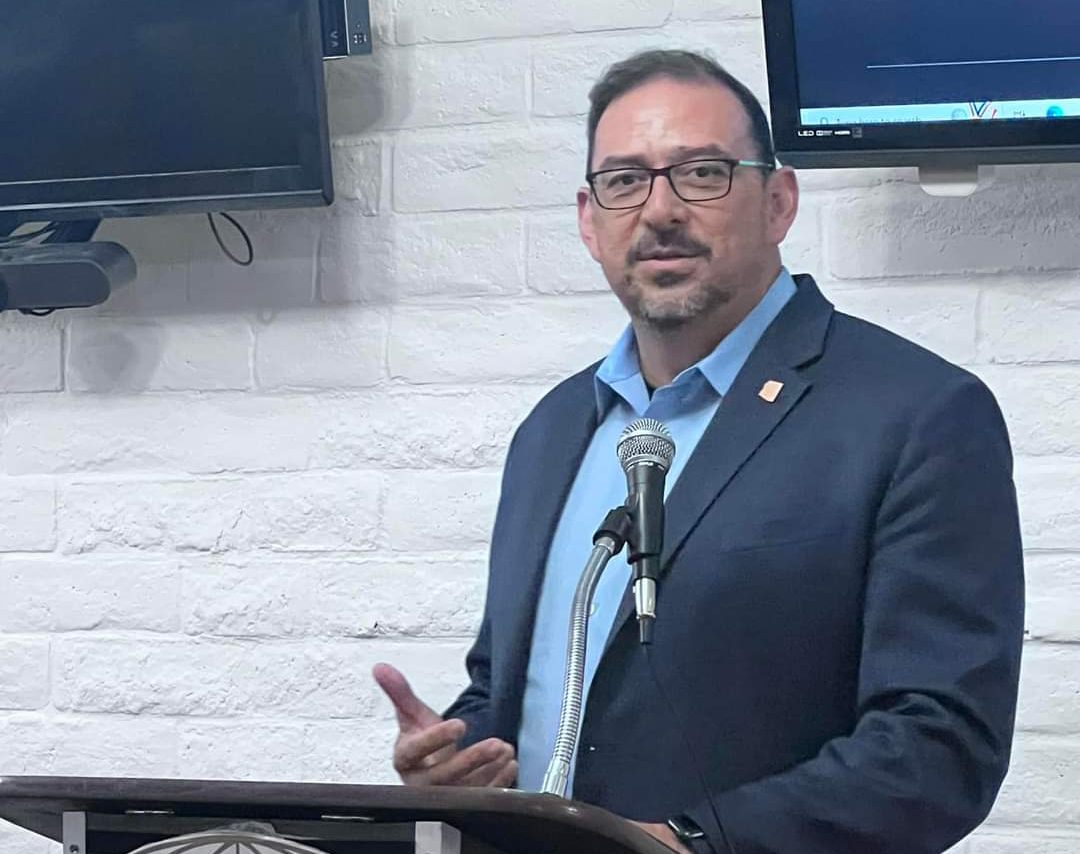CT Latino News produces and amplifies stories focused on the responses to the social determinants of health. Social and Community Context is the connection between characteristics of the contexts within which people live, learn, work, and play, and their health and well-being. This includes topics like cohesion within a community, civic participation, discrimination, conditions in the workplace, and incarceration.
HARTFORD—Every Tuesday morning, Newington resident Estelle Rivera-Freeland looks forward to driving into Hartford because it means volunteering at her regular classroom.
“I’m almost 79 years old and [it’s nice] to have something to go to and know that it’s benefiting someone as well as me,” She shared. “As long as I can put one foot before the other, I’ll be trying to work with these students.”
Rivera-Freeland is one of 56 senior volunteers in the Big Brothers Big Sisters of CT Foster Grandparent Program.
“I love the program. I love what it represents,” Rivera-Freeland said. “I get the biggest blessing when I walk in and see the children and they say ‘hey grandma!’—that makes my day.”
The 40-year-old community effort has continued its operations amid the COVID-19 pandemic to support its diverse local children and elderly populations—two especially vulnerable groups.
However, it has not been easy. The program has adapted again and again to meet COVID-19 safety protocols. The number of volunteers has also significantly dropped compared to past years, with usually around 85 senior residents participating in the program.
Program Director Jeannette Mendez plans to double the number of volunteers—close to 100—and reach a new record of participation, while maintaining the program’s high participation of bilingual seniors.
About 85 percent of program volunteers are Hispanic or Latino residents. Mendez, who has run the program since 2014, said there is a high turnout of Latino participants every year.
“We step up to the plate,” Mendez said in an interview with CT Latino News. “Plus, Hartford alone…the majority is Latinos.”

The Hispanic-Latino population is the largest ethnic group in Greater Hartford at 44.7 percent, according to 2021 U.S. Census data. In Eastern Connecticut, Hispanic-Latinos make up about nine percent of the population while 17 percent of students enrolled across the Eastern region identify as Hispanic or Latino, according to CONNECT Data Stories.
The program currently works with 34 elementary schools and early childhood centers across Hartford and Eastern Connecticut. So, similar to the volunteers, young students in the program are majorly children of color.
Mendez, a bilingual Puerto Rican resident, emphasized the importance of having volunteers and employees in the program who represent the racial and cultural makeup of the communities they serve.
“You can’t even work for me if you’re not bilingual,” Mendez said. “I mean, dealing with seniors they would want to be able to [work] with someone that can relate to them in their own language. They feel safer because they can get across what they want to say…and it’s a part of our culture.”
Hispanic-Latino volunteers Rivera-Freeland and Hartford resident Andrea Cuascut, who’s been in the program for five years, said having such a passionate bilingual staff has made the program more accessible and welcoming to senior Hispanic-Latino residents.
In general, “they do a lot of things for us that they really don’t have to do,” Rivera-Freeland explained. “When COVID came out and started spreading…they were regularly calling, checking on us to make sure we were okay,” and dropping off gift baskets for every volunteer.

Now with the program fully operating in-person, both Rivera-Freeland and Cuascut are assigned to children in the program whose first language is Spanish.
Student English Language Learners represent 19 percent of the Hartford School District population. Looking across Eastern Connecticut—around 31 percent of students in Windham, 25 percent of students in New London, and 19 percent of students in Norwich School Districts are English Language Learners.
Children in the program—who are between three and nine-years-old—have bonded over shared cultures with the volunteers, developing strong relationships with their Foster Grandparents.
“They call them their abuelitas…and they’ll call us and say ‘hey, I haven’t seen grandma in two or three days, is everything okay?’” Mendez shared.
Embracing the community’s diversity and culture has made the program a welcoming and educational experience for its participants, according to Mendez.
“When we were doing our zoom sessions [a site] wanted our volunteers to read the books in Spanish so the kids who are not Hispanic could still hear that other language and then [they] would turn around and read it in English as well,” Mendez said about the Women’s League Child Development Center, one of the sites participating in the program.
The program operates by forming partnerships with such childcare centers or schools. Volunteers 55 years and older are mostly recruited through events and bilingual flyers.
Eligible volunteers receive a tax-free stipend of $3.15 an hour, travel reimbursement, accident & liability insurance while serving, along with two annual recognition events. Participants must be able to attend monthly in-service training and volunteer between five to 25 hours a week.
To learn more about volunteer eligibility and benefits visit www.ctbigs.org/programs/foster-grandparents-program/

Foster Grandparents Cuascut and Rivera-Freeland both said they appreciate having another reason to regularly get outside and socialize with others.
The program “is an opportunity for [the volunteers] to mingle with other seniors…and it takes you out of isolation,” Rivera-Freeland said.
At the same time, children in the program seem to engage more and learn faster with the support and encouragement of their Foster Grandparents. Cuascut volunteers five days a week and usually helps her students with counting and reading books.
Towns and cities across Connecticut—including Hartford, New London, and Norwich—have been experiencing staff shortages that were heightened by the COVID-19 pandemic. Regular support from the Foster Grandparents has benefited schools and centers participating in the program.
“Maybe the child is not as quick to learn and with the large classrooms they have, especially in Greater Hartford, it helps that the grandparents can do the activities one-on-one,” Mendez explained.
Ongoing social stressors such as the COVID-19 pandemic, increasing gun violence, and racial discrimination, have particularly impacted children of color when it comes to their sense of safety, ability to learn, and social needs.
“When [these kids] walk into the door, we don’t know what they’re walking in with,” Mendez shared. “To have somebody receive them and give them that one-on-one attention—just even a hug, or a pat, or a high-five, or a dab, that’s enough right there.”
Publisher’s Notes: CTLN is a partner of Big Brothers Big Sisters of CT in serving the state’s diverse communities.
CT Latino News sees the public as more than just the audience; you are contributors. To that end, please take our brief survey to help shape our coverage in producing stories on the social determinants of health: healthcare and quality, neighborhood and built environment, education access and quality, social and community context, and economic stability.




